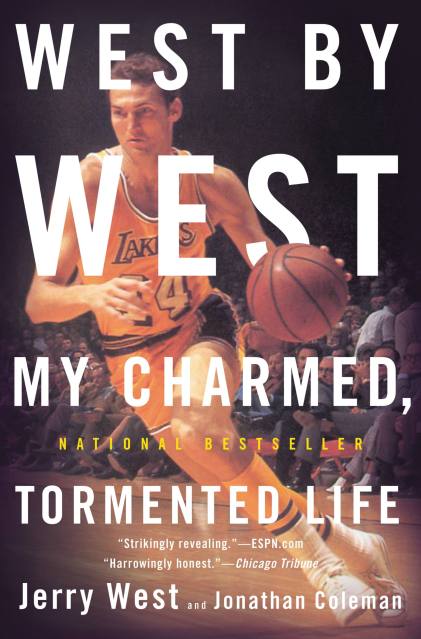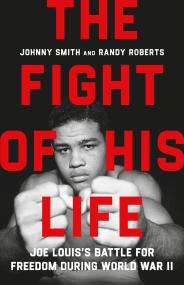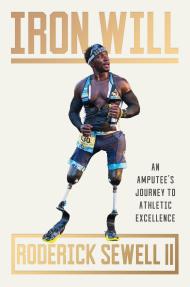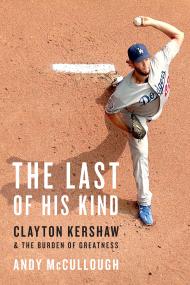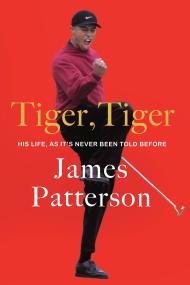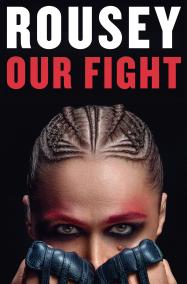By clicking “Accept,” you agree to the use of cookies and similar technologies on your device as set forth in our Cookie Policy and our Privacy Policy. Please note that certain cookies are essential for this website to function properly and do not require user consent to be deployed.
West by West
My Charmed, Tormented Life
Contributors
By Jerry West
Formats and Prices
- On Sale
- Oct 19, 2011
- Page Count
- 352 pages
- Publisher
- Little, Brown and Company
- ISBN-13
- 9780316194204
Price
$11.99Price
$15.99 CADFormat
Format:
- ebook $11.99 $15.99 CAD
- Audiobook Download (Unabridged)
- Trade Paperback $21.99 $28.99 CAD
This item is a preorder. Your payment method will be charged immediately, and the product is expected to ship on or around October 19, 2011. This date is subject to change due to shipping delays beyond our control.
Buy from Other Retailers:
He is one of basketball’s towering figures: “Mr. Clutch,” who mesmerized his opponents and fans. The coach who began the Lakers’ resurgence in the 1970s. The general manager who helped bring “Showtime” to Los Angeles, creating a championship-winning force that continues to this day.
Now, for the first time, the legendary Jerry West tells his story-from his tough childhood in West Virginia, to his unbelievable college success at West Virginia University, his 40-year career with the Los Angeles Lakers, and his relationships with NBA legends like Bill Russell, Wilt Chamberlain, Kareem Abdul-Jabbar, Magic Johnson, Shaquille O’Neal, and Kobe Bryant. Unsparing in its self-assessment and honesty, West by West is far more than a sports memoir: it is a profound confession and a magnificent inspiration.
Now, for the first time, the legendary Jerry West tells his story-from his tough childhood in West Virginia, to his unbelievable college success at West Virginia University, his 40-year career with the Los Angeles Lakers, and his relationships with NBA legends like Bill Russell, Wilt Chamberlain, Kareem Abdul-Jabbar, Magic Johnson, Shaquille O’Neal, and Kobe Bryant. Unsparing in its self-assessment and honesty, West by West is far more than a sports memoir: it is a profound confession and a magnificent inspiration.
Newsletter Signup
By clicking ‘Sign Up,’ I acknowledge that I have read and agree to Hachette Book Group’s Privacy Policy and Terms of Use
